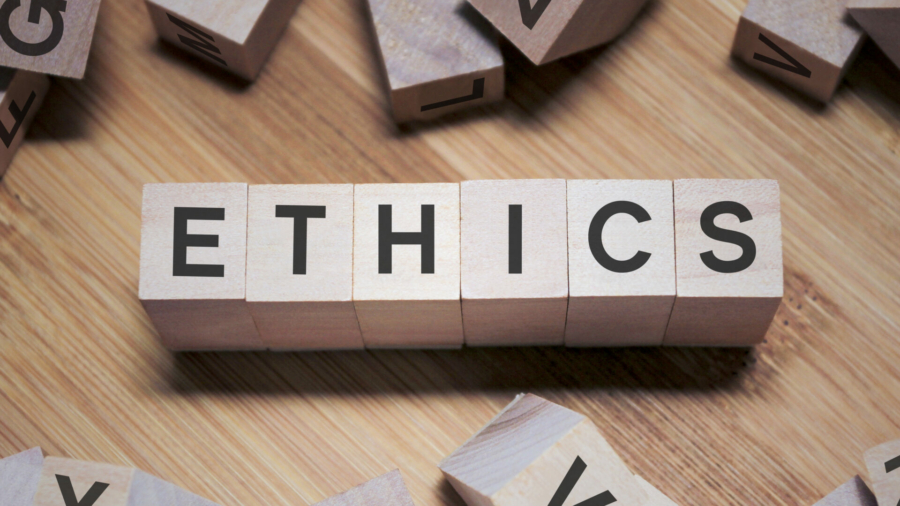As the study of business ethics continues to evolve, some scholars are beginning to question the direction of the discipline. These critics question the focus of business ethics and urge colleagues to move beyond current preoccupations. While the critics’ discontent has been simmering for years, it is encouraging to see the field move in a different direction. Here are four ideas to consider. Embrace these ideas! They’re based on Milton Friedman’s lessons and should help us all understand the meaning of business ethics.
Lessons from Milton Friedman
“What is the social responsibility of business?” this famous essay by Nobel Prize winner Milton Friedman asks fifty years ago. Although he does not explicitly state it, Friedman’s view has influenced corporate governance, management thinking and strategic moves for decades. Many leaders, however, have tried to expand Friedman’s definition of “social responsibility” to include all stakeholders. And Friedman’s arguments are still relevant today.
The first lesson is that government is not the solution. While free markets are the best solution to our problems, government can often undermine economic health. Milton Friedman advocated a free market system, relying on truisms and basic incentive-based analyses. For example, he spoke often of regulatory capture, in which powerful special interests co-opt the very agencies meant to control them. Friedman combined his views on incentives and bad outcomes to create a framework that still applies today.
Meaning of business ethics
The meaning of business ethics is often based on the moral standards of society. Business practices are judged on how well they fit with these norms. They must be in keeping with generally accepted standards of living in the society in which they are operating. While the concept of legal rights in business is certainly important, the definition of ethical behavior involves more than just the law. An act must be morally just – it must also be beneficial to others.
Organizations that adhere to these standards are often seen as ethical in the public eye, as they are able to demonstrate thoughtfulness and a good understanding of the business world. By focusing on the interests of all stakeholders, moral organizations are able to create the most value while doing the least harm. A significant business moral norm is basic respect for human life and dignity. Public scrutiny of such organizations will often bring them to the attention of the public.
Importance of business ethics in today’s competitive world
Business ethics is the key to a business’ survival in today’s highly competitive environment. These values ensure that the company does what is right and avoids any possible ethical lapses. They ensure that there is a level of trust between employees, customers, and investors. Without ethical business practices, a business may face legal pitfalls, poor moral standing, and a lowered stock price.
As consumers have become more informed and organized, they are demanding better quality and service. As a result, they are boycotting products that are low quality, unreliable, harmful, or overpriced. In addition, they are filing lawsuits against businesses that do not abide by ethical standards. Such actions invite heavy penalties and reduce the reputation of a company in the market, compromising profits.
Regardless of the size of a company, management is responsible for the business consequences of their actions. They influence the organisation in general and the performance of their employees. Good business ethics practices unite a team driven by shared values. Employee morale is an important aspect of any organization, as employees often lack motivation and purpose without moral support. Immoral business practices discourage workers and may result in a company’s downfall.
Common examples of business ethics
The ethical behaviors of top corporations can often be detrimental to their bottom line. The 2008 economic collapse is an example of the consequences of unethical behavior. The Enron scandal reveals the risk of maximizing personal profits at the expense of society. While the Enron case is an extreme example, it shows how bad it can be when companies violate their own ethics. It’s a shame that this kind of behavior still takes place in the business world, but it should serve as a wake-up call for companies to follow the rules of business ethics.
A key example of business ethics is to promote a culture of excellence. Companies that focus on providing the best possible service to customers are more likely to succeed than those that fail to meet these standards. Employees who are happy and motivated are more likely to stay with a company that values its employees. Employing capable and enthusiastic employees is an essential part of fostering excellence in any company. And as long as employees are trained to do a good job, they’ll feel more engaged and productive.

